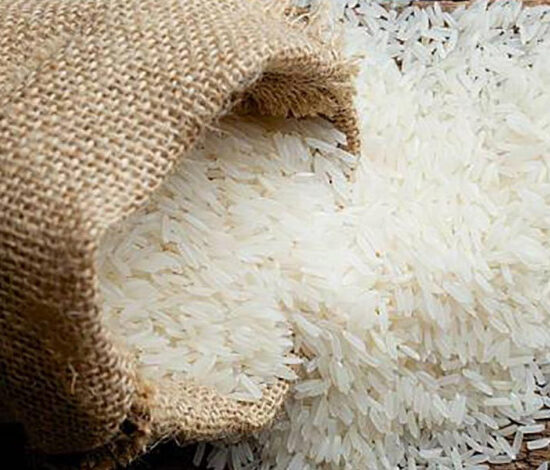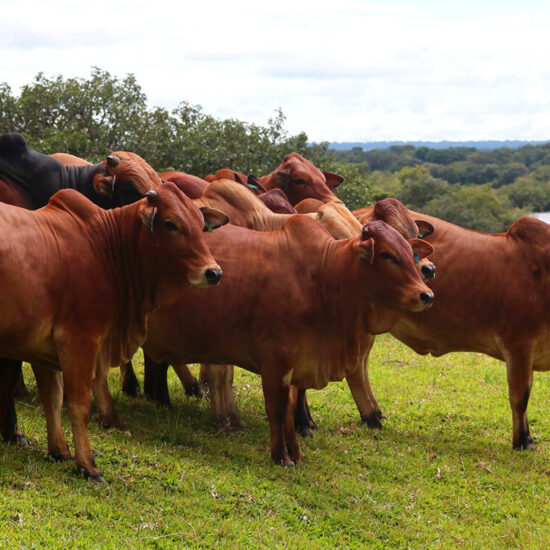
After a Lumezi – Eastern Province based local cooking oil processor told ZBT that they were producing and retailing cooking oil at half the price obtaining in Chain stores, another Mazabuka – Southern Province based local farmer and processor has revealed that they are also able to produce cooking oil and sell it at under K100 for a 2.5 litters container.
A farmer based in Mazabuka has encouraged local farmers to venture into value addition and start looking at farming as a business, which should be the vision for the country and region as it is the only way to grow from small-scale to commercial farming.
Nkolola Halwindi, Chenko farm Director who grows sunflower that she later processes into cooking oil and makes animal feed as a by-product is currently producing about 220 litres of cold pressed cooking oil per day, has told the Zambian Business Times – ZBT that vegetable oil prices can be lowered by tangible local production.
Halwindi said cooking oil is one of the easiest products to produce as a small-scale farmer adding that farmers should grow their own sunflower, as it is cheaper and can help other farmers around by providing outgrower schemes.
She said 33-37 kgs of sunflower can produce 10-12 litres of cooking oil, noting that that is also dependent on the variety of sunflower and farmers should plant specific sunflower varieties bearing in mind whether they want to produce more cooking oil or sunflower cake.
She noted that the advantage of value addition when it comes to sunflower is getting the oil out of the crop as well as the sunflower cake which is used for animal feed adding that she uses half of the by-product to feed the animals on the farm and sells half at K205 per kg at wholesale price.
She further said the cooking oil, which is selling for K39 per litre (about K97 for a 2.5 Litter container) , realises 70%-100% profit and is mostly sold to people that buy in bulk at wholesale price for resale purposes with a few refining it and most of them repackaging it into smaller bottles and others selling it to fast food businesses and restaurants.
She noted that deodorising cooking oil is expensive for small-scale farmers and the local market does not value virgin cold pressed oil with the original smell but instead prefer refined cooking oil, which requires an extra expense for the producer who would in turn charge a much higher price for the cooking oil.
“People will order virgin cold pressed oil thinking they are getting refined oil, they just think to say this is cheap not realizing that they are getting cold pressed oil which comes in its original state. Those who are health conscience would buy the cold pressed oil at a premium so it’s just a matter of helping our local customers understand which one is a healthier product”, she said.
She said it is possible to sell the customers the refined product at a higher price, which also means they would lose the health benefits of the cold pressed cooking oil.

Halwindi said labeling the product is expensive, the certification process is also a challenge especially for local farmers who are not knowledgeable adding that getting certification from the Zambia Bureau of Standards (ZABS) is a long process which one cannot wait for before putting their products on the market.
Speaking to the Zambian Business Times-ZBT, Halwindi mentioned that investments are required when it comes to value addition, as one needs to acquire machinery and other necessities.
She said some of the challenges that local and emerging farmers face is the high cost of funding for expansion of projects or value addition and the high interest rates on loans is prohibitive while the limited access to finances is equally a concern.
She noted that most Small and Medium Enterprises (SMEs) have big plans, which need support in terms of access to markets, collateral for funding as well as relevant data and information for their target markets.
She has challenged fellow local farmers to remain focused, resilient and invest in knowledge around consumer preferences as well as global trends in value addition link in agriculture adding that farming should be considered a business.
She has appealed to government to support SMEs and local farmers to fast track mechanization of their agribusinesses. They should look at even direct machinery support as this would help the country produce affordable food for the people.
Halwindi said being linked to the market is important and when the cooking oil is labelled and certified possibly before the end of this year, Chenko farm plans to have its cooking oil brand on the shelves of major supermarkets in major towns across the country by next year.
She said long-term plans include tapping into the export market and exporting to neighbouring countries such as Namibia, which is a large consumer of some Zambian products, Angola, Congo DR, Malawi and Zimbabwe.







